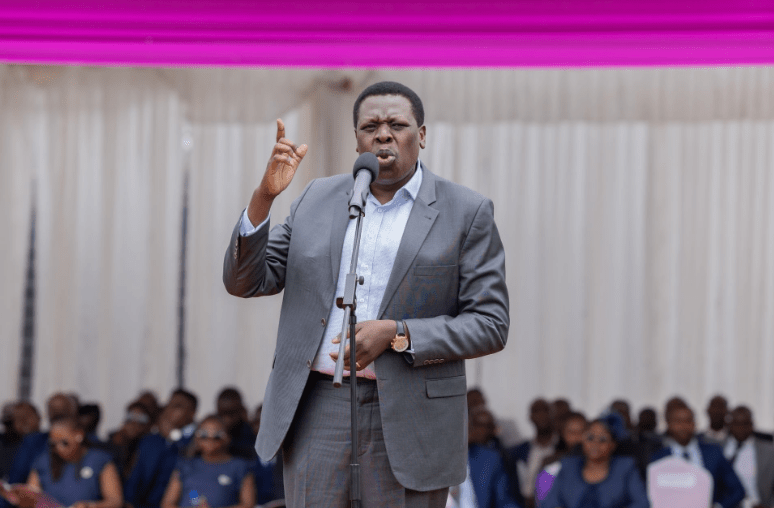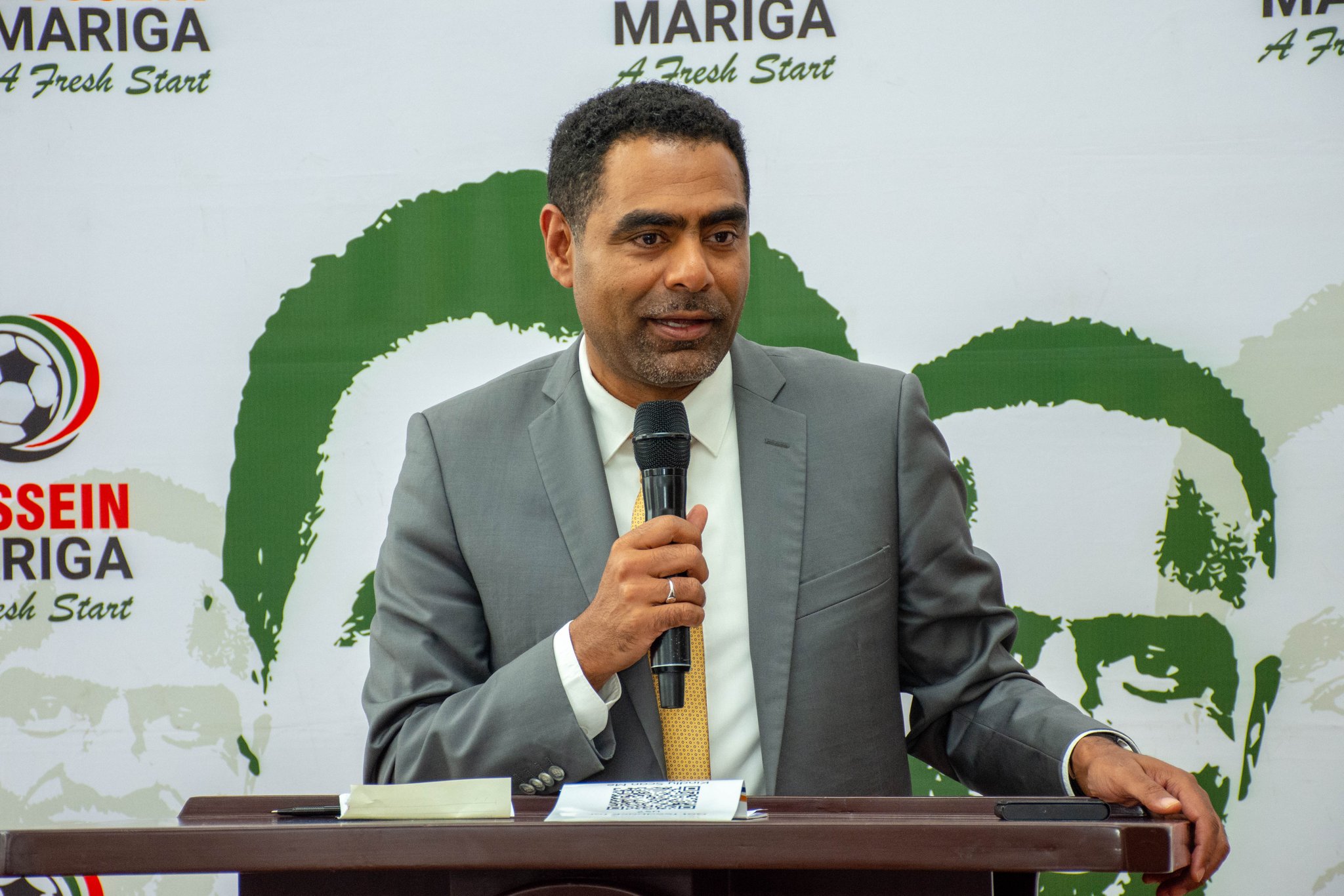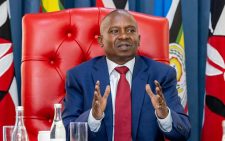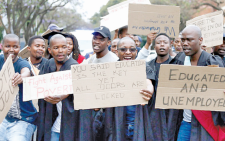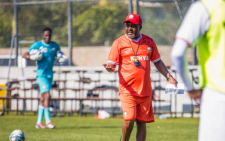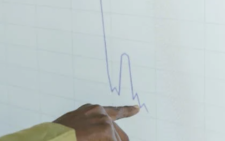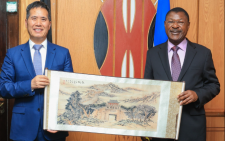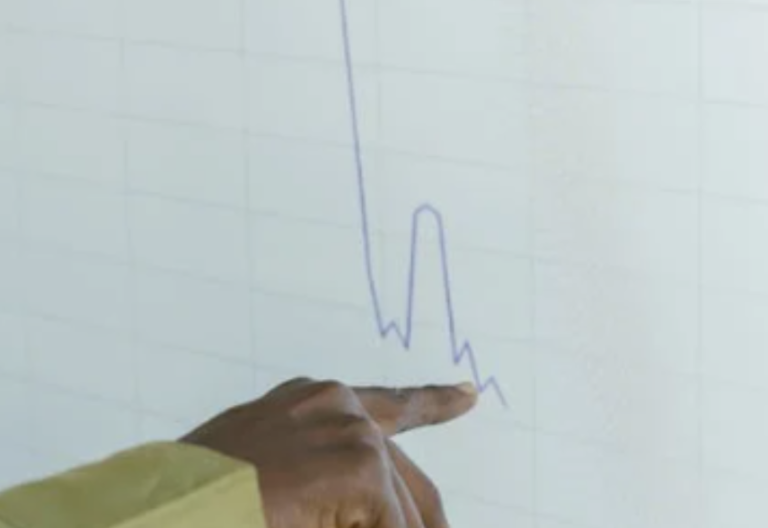Annual World Economic Forum needs a rethink
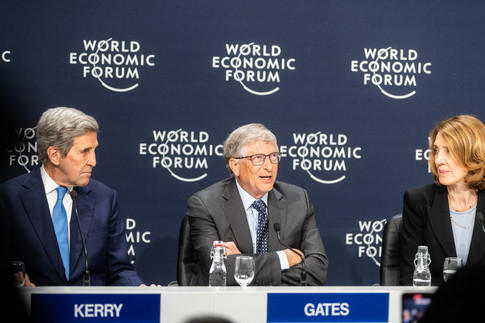
No one would hate taking an annual holiday in one of the most picturesque tourist destinations in the world. Therefore, one cannot blame the world leaders who have been making the trip to Davos, Switzerland every year for the World Economic Forum (WEF) since 1971. This year the WEF took place at the customary venue from January 16 to 20.
With the escalating global crises in almost every corner, the theme “Cooperation in a Fragment World”, is apt, even urgent. Increasing protectionism and unilateralism particularly by the Global North is slowly tearing apart globalisation as envisaged.
The Covid-19 pandemic has also made people aware that no one has solutions to the world’s problems. When the chips are down, we are all on the same boat, both the weak and the powerful. In addition to the theme, there seems to be a hankering for something more this time as a way to stop further deterioration: Addressing pressing crises, tackling future challenges.
With the gradual fading away of the pandemic that had dominated the world since January, 2020 the world is walking straight into both past and emerging challenges. Among other issues, leaders at the WEF are addressing climate change, global recession and inflation, the Russia-Ukraine war and its attendant challenges, the Covid-19 pandemic and increasing socio-economic inequalities.
However, observers have noted that many global heavyweights have kept away from the annual forum this year. An article titled, “Why an absence of A-listers at Davos is not just deep trouble for the World Economic Forum, but for globalisation too” published by Ed Conway on “Sky News” dated January 17 brings out the sorry state of affairs of what is currently going on.
Conway states that the world Davos thrived in is disintegrating, and the summit has fewer heavyweights attending than in years gone by as the era of globalisation itself appears to be ending. This is definitely bad news for the world’s vulnerable countries, who remain exposed to the post pandemic vagaries that shook even developed countries to the core.
There could also be a feeling that WEF could be an unnecessary duplication of other global and regional initiatives which have more clout and are more binding than the informal Davos forum. Annual meetings like the G7, the G20 and various United Nations global leaders’ summits are more binding to world leaders when it comes to signing agreements and committing themselves to the follow through.
WEF’s vision as fashioned by its founder chairman Klaus Schwab could also be losing momentum as Schwab slows down from age. The widening leadership lacuna has slowed down the forum’s momentum. Moreover, Schwab’s peers are also aging, leaving the running of their enterprises to a new generation that lives by different values, and who actually blame their predecessors for the current global problems.
Ultimately, the question beg how we are going to inject fresh hope in a world getting mired everyday with mounting challenges and more confusion. Apart from the belaboring, there is nothing any more under the sun that has not been said about the global situation.
What we can do differently, however, is change the current paradigm to more pragmatic and multilateral ways of cooperation whether in development or in addressing current global challenges. This entails rethinking the WEF format in order to change the approach of tackling the challenges. Countries and other influential entities should pitch their solutions at the forum.
The WEF also needs to open up its doors to those who bear the brunt of the decisions of global leaders. The latter need to hear directly from those affected by decisions made in such global forums, and seek ideas of how they can help the vulnerable adapt more to ongoing challenges.
—The writer is a PhD student in International Relations
